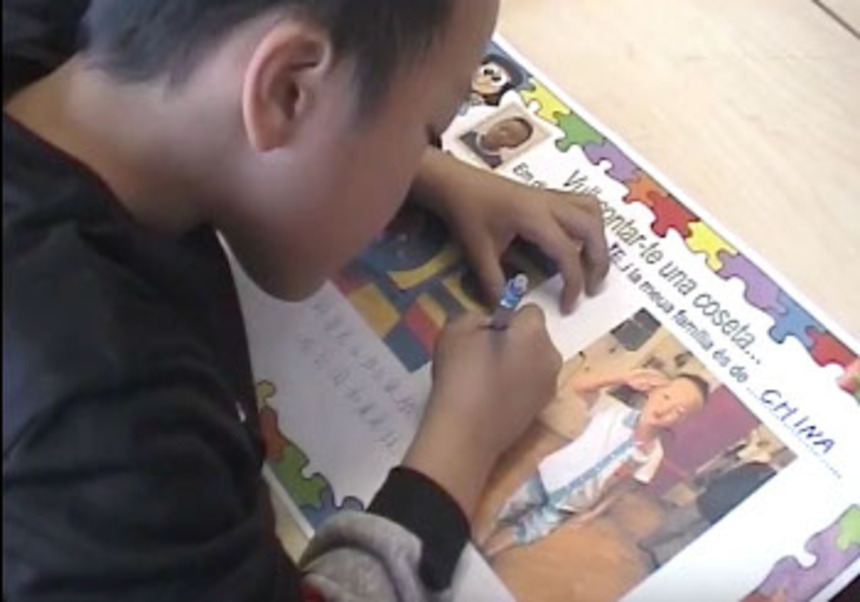
Gloria Torralba and Anna Marzà directed the project ‘Home languages, school languages’ in which they have analysed how the incorporation of familiar languages to the classes improves the integration of immigrant students and increases the appreciation of own identities.
Three schools of the province of Castellón have collaborated in the research and students created the so-called bilingual ‘identity texts’. That is, written or spoken texts in the first language and the language spoken in school where they reflect on their identity. In this case, children, usually helped by families, have dealt with subjects that cover from travels to gastronomy or politics, and they have done it in Valencian or languages spoken at home, such as Arabic, Chinese or Romanian.
The results show, on one hand, that it is possible to include unknown languages by the majority of students and teachers in the classes; and, on the other hand, that this type of projects help to develop inclusion and self-esteem of immigrant students, as well as the intercultural perspective of Spanish students. However, it has been observed in the environment that teachers want more training in the integration of languages, since it helped them to overcome the fears and difficulties of working with unknown languages in the room. This is the importance of this type of projects.
Video «Home languages, school languages»: https://www.youtube.com/watch?v=jsutg3dfgo8








